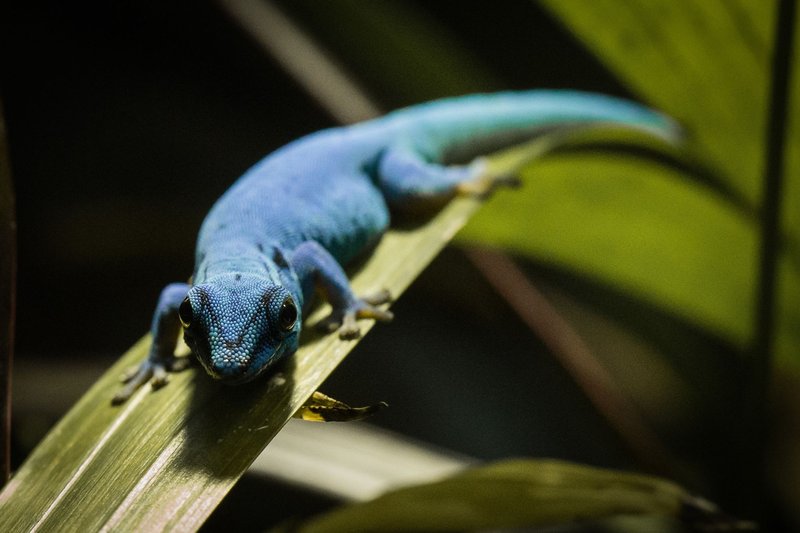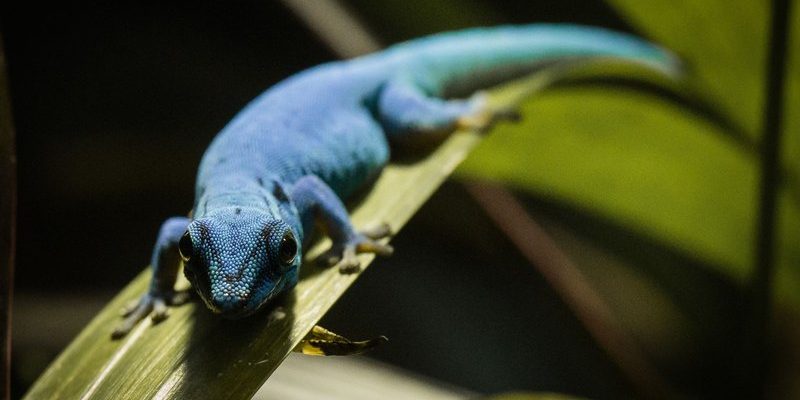
Here’s the thing: geckos play a crucial role in their ecosystems. They help control insect populations and contribute to biodiversity. But as human activities continue to encroach on their habitats, the survival of these lizards is in jeopardy. In this article, we’ll dive into the current conservation efforts aimed at saving geckos and why it’s essential that we pay attention to their plight.
Understanding the Threats to Gecko Populations
Geckos, like many other species, face a variety of challenges that threaten their existence. Habitat loss is one of the main culprits. As urban areas expand and forests are cleared for agriculture, geckos lose the homes they rely on for shelter and food. Imagine living in a place where your neighborhood gets smaller and smaller until there’s barely any space left for you. That’s what’s happening to geckos every day.
Aside from habitat loss, climate change is another significant threat. Rising temperatures and changing weather patterns can disrupt their breeding cycles and food availability. Picture a hot summer day when you can’t find a cool spot to relax. That’s what geckos are experiencing as their environments change, making survival a real struggle.
Finally, illegal wildlife trade has become a devastating issue. Many gecko species are collected for the pet trade or for traditional medicines, leading to population declines. When species are taken from the wild faster than they can reproduce, it puts the entire future of those species at risk.
The Significance of Gecko Conservation
So, why should we care about saving geckos? Well, these little lizards are more than just a pretty face. They contribute to the balance of their ecosystems. By controlling insect populations, they help reduce the spread of diseases and can even aid in agriculture by managing pests. If geckos disappeared, we could see an increase in the number of pests, which might lead to crop damage and even affect human health.
Moreover, geckos are often viewed as indicators of environmental health. When their populations decline, it can signal that something is not right in the ecosystem. It’s like when you notice your favorite fish disappearing from a local pond—the water quality must be in trouble. Keeping geckos around helps us maintain a healthy environment.
Finally, from a cultural perspective, many communities cherish these animals for their unique traits and contributions to local folklore. Losing geckos could mean losing part of cultural heritage, which is something that can’t be replaced.
Current Conservation Efforts for Geckos
Many organizations are stepping up to protect gecko populations. One of the most effective methods is creating protected areas where geckos can thrive without human interference. These zones ensure that their habitats remain intact. Think of it as a safe haven where geckos can continue to roam and reproduce, free from the threats of habitat loss or hunting.
But it doesn’t stop there. Conservationists are also advocating for sustainable land-use practices. This means finding a balance between human development and preserving natural habitats. For instance, incorporating green spaces in urban planning can help maintain habitats for geckos and other wildlife.
Education and awareness campaigns play a vital role too. By informing communities about the importance of geckos and the threats they face, people can take action to protect them. Simple steps, like supporting local conservation efforts or creating gecko-friendly gardens, can make a big difference in their survival.
How You Can Help Save Geckos
You might be wondering, “What can I do to help?” Well, there are several ways everyone can play a part in saving geckos. First, consider supporting organizations that focus on wildlife conservation. Many of them offer opportunities for donations or even volunteering.
Secondly, if you’re a pet owner, make sure to adopt or purchase geckos from reputable breeders who prioritize ethical practices. This action helps reduce the impact of illegal wildlife trade. It’s always best to educate yourself on what you’re bringing into your home.
Lastly, you can create a gecko-friendly environment in your backyard. Planting native plants and providing shelter can attract geckos and other beneficial wildlife. It’s like inviting nature to your doorstep!
Success Stories in Gecko Conservation
While the situation may seem dire, there are some inspiring success stories in gecko conservation. For instance, the Hawaiian gecko has been part of focused breeding programs that have helped increase its numbers. By creating controlled environments and carefully managing breeding, conservationists have seen significant improvements in their population.
Another success story is the Tokay gecko in Southeast Asia, where local communities have banded together to protect their habitats. By educating themselves on the ecological importance of these lizards, they have reduced hunting and promoted sustainable practices. This community-driven approach showcases how local efforts can lead to significant positive changes.
These stories highlight the power of conservation efforts and how, with collective action, we can make a difference in the lives of geckos and other endangered species.
The Future of Geckos: What Lies Ahead
The future for geckos hangs in the balance. While there are numerous challenges, ongoing conservation efforts provide hope. As more people become aware of the situation, we can foster a sense of responsibility to protect these remarkable creatures.
It’s essential to stay informed about the ways we can contribute to conservation efforts, whether through direct action or supporting organizations dedicated to wildlife protection. Each small effort, when combined with others, can lead to significant changes.
Remember, saving geckos is not just about preserving a species; it’s about ensuring a balanced ecosystem and a healthier planet for all of us. If we can come together to make a stand for these lizards, we can help secure their future.
In conclusion, the question “Is the gecko endangered?” comes with a complex answer, but through awareness, education, and action, we can be part of the solution. Let’s commit to protecting these lizards and the environment they contribute to, because every little bit helps!

